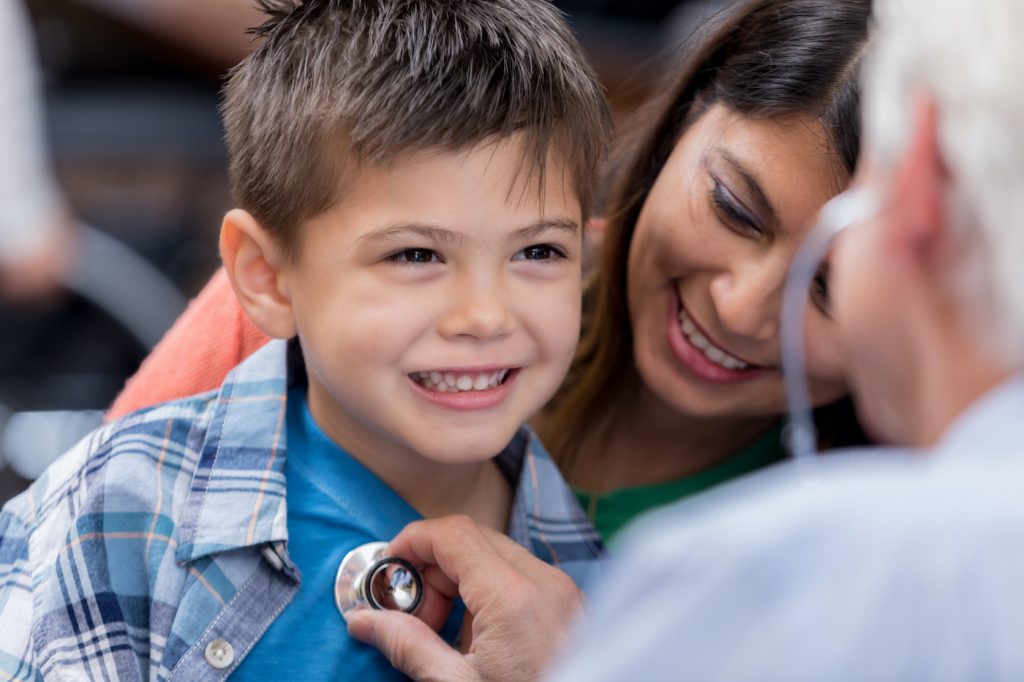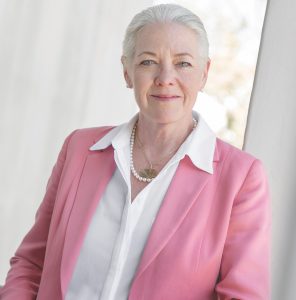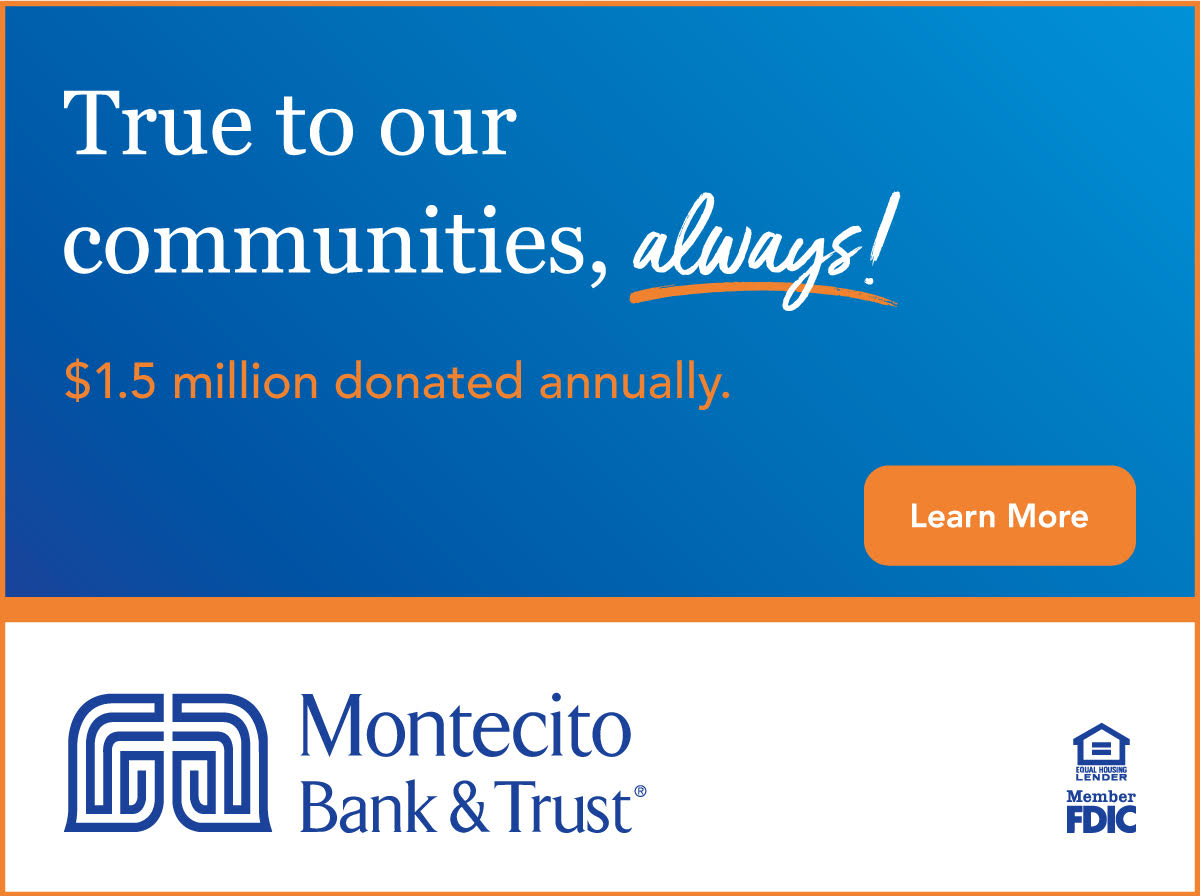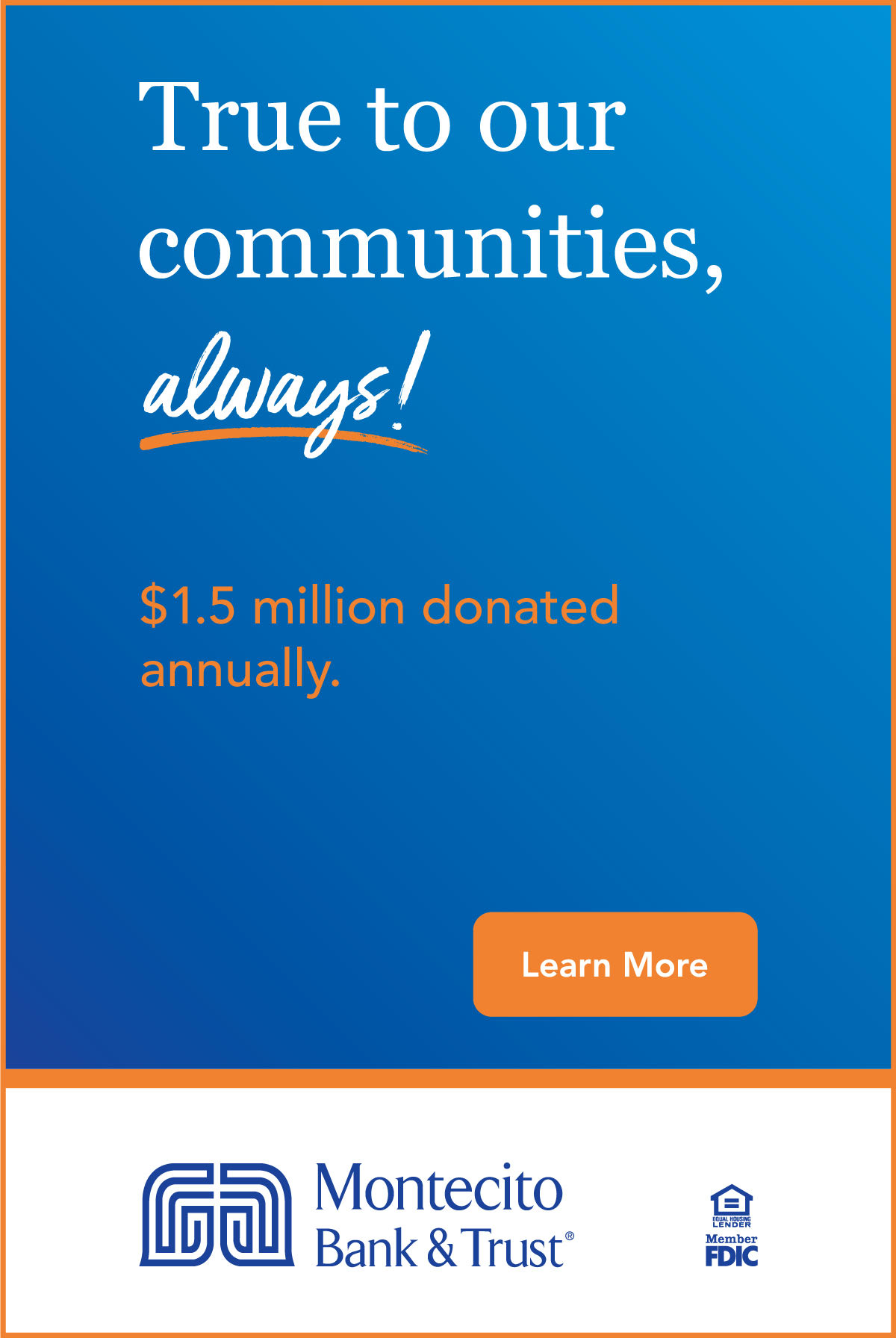CALM & Adverse Childhood Experiences Response

Thanks to national pioneers like California’s Surgeon General Dr. Nadine Burke Harris, CALM’s work to prevent Adverse Childhood Experiences (ACEs) and heal individuals from childhood trauma remains at the forefront of public health efforts.
The term Adverse Childhood Experiences (ACEs) comes from the 1998 landmark study by the Center for Disease Control and Prevention (CDC) and Kaiser Permanente. It describes 10 categories of adversities experienced by age 18 years: abuse (physical, emotional, sexual), neglect (physical, emotional), and household challenges (incarceration of household members, or growing up in a household with mental illness, substance dependence, parental absence due to separation or divorce, or intimate partner violence).
The ACE study is considered one of the largest investigations of childhood abuse and neglect and later-life health and well-being, with data gathered from over 17,000 participants over a two-year period. Data from this study indicated that ACEs were prevalent, with about two-thirds of the participants indicating they had experienced at least one ACE. If one ACE was experienced, there was 87% likelihood of at least one additional ACE. The outcome? The higher the number of ACEs someone endorsed, the higher the risk of experiencing poor behavioral and physical health outcomes in adulthood.

Dr. Harris, a pediatrician by trade, has been integral in providing medical professionals across California with the tools and knowledge to integrate ACE science into their practice. Specifically, she has spearheaded efforts to incorporate ACE screenings into all pediatric settings. Screening, as well as prevention and early intervention, are key to begin the healing process and to reduce the prevalence of negative health impacts for those who have experienced a significant level of trauma. While this knowledge has been primarily useful for healthcare providers, its core philosophy is important to a broader audience. So, Dr. Harris has developed, along with numberstory.org, an awareness and outreach campaign to educate the general public about the importance of understanding ACEs, as well as understanding ways one can mitigate possible effects of toxic stress often caused by ACEs.
Guided by the evidence from the landmark ACE study and Dr. Harris’ groundbreaking work, CALM has augmented services and implemented strategic partnerships to address ACEs and develop resiliency for the entire community in recent years. In partnership with Cottage Health, Santa Barbara Neighborhood Clinics (SBNC), and others, CALM is pioneering trauma-informed interventions in healthcare settings across the county. This includes efforts to screen for ACEs as part of Well Baby pediatric visits Countywide, a multi-year research project to provide therapeutic support for NICU families, and extensive trauma-informed training for community partners.
“When we talk about trauma and early prevention, CALM’s trained therapeutic staff are experts at supporting children and families to change the trajectory of early trauma and toxic stress. Reaching families and intervening to disrupt the long-term negative impacts on health outcomes takes a coordinated approach across multiple sectors and partners. CALM’s interventions are a crucial part of this response” stated Katy Bazylewicz, Cottage Health Vice President Marketing and Population Health.
Through these collaborative efforts, CALM is transforming the community through a system change approach. CALM is reaching beyond its walls to implement therapeutic practices and embed clinicians in various settings to meet families where they are.
The next wave of the pandemic will require a tremendous investment in mental health response as we fully address the impacts of this collective trauma. This past year, the community’s resiliency has been tested. CALM’s client base has faced economic and financial stressors, increased anxiety, depression, and intimate partner violence. These stressors contribute to the growing mental health needs of individuals, children, and families in the region. CALM is prepared to meet the needs of the community head on and will continue to be the vital resource for ACEs awareness and prevention for as long as it takes.
About CALM
When a child experiences trauma, our entire community is impacted. To combat the effects of childhood trauma, CALM is here to support families in need of strength and healing. CALM’s evidence-based programs represent a continuum of care that addresses the safety and wellbeing of children and families across Santa Barbara County. Approximately 2,000 clients receive individual and group therapy through CALM’s clinics in Santa Barbara, Santa Maria and Lompoc and thousands more receive community-based education and mental health supports. With a 50-year history of serving families in our region, a staff of exceptionally qualified clinicians, and meaningful partnerships with complementary agencies and organizations, CALM is committed to preventing childhood trauma, healing children and families, and building resilient communities throughout Santa Barbara County. To learn more, visit calm4kids.org.
For more information about all of CALM’s services, please call 805-965-2376, or visit http://calm4kids.org.
CALM

calm4kids.org
Phone: (805) 965-2376 ext 150
Director of Development: Ashlyn McCague
Mission
For 50 years, CALM has been on the cutting edge of childhood trauma treatment and prevention. CALM has led the nonprofit community in adopting evidence-based practices in our treatment and prevention models and using assessment and data to evaluate our effectiveness and improve our work.
CALM staff and dedicated volunteers share a common vision of supporting every family in our community so that every child thrives.
Begin to Build a Relationship
We know you care about where your money goes and how it is used. Connect with this organization’s leadership in order to begin to build this important relationship. Your email will be sent directly to this organization’s director of development and/or Executive Director.
Building a Thriving Community
“We care about CALM because we love our community. Childhood trauma affects us all given the long-term effects on its victims. We all bear the cost of mental and physical health care supports that continue throughout the lives of those who have suffered trauma. A safe, thriving, healthy community benefits us all.”
One Resilient Family
In 2019 and 2020, one of CALM’s male therapists provided weekly therapy to a boy with episodic, intense mood swings. Within months the boy’s mother “witnessed his healing and emergence of self from a dark and confused place.”
“It is difficult to imagine what this last year would have been like without the support of CALM and my son’s therapist,” she says. “When I think of his impact on our lives, I think of a calm and steady presence during a daunting time. I think of a positive, guiding, and reliable male figure dedicated to supporting a young man, and family in need. Our family is stronger, more capable, and more resilient because of his efforts. We are better equipped for these challenging times. This is precious, timely and rare, and I could not be more grateful.”
Board of Trustees
Liam Murphy, Board Chair
Caroline Powers, Vice Chair
Andrew Fitzgerald, Treasurer
Bridget O. Foreman, CPA, Secretary
Ama Atiedu
Carrie Bissell
Sandra Copley
Alex Craigie, Esq
Amy Curti
Michele Cuttler
Sam Ellis
Mike Gibson
Juan Guerra
Susan Miles Gulbransen
Saida Hamdani, MD
Anna Kokotovic, Honorary Trustee
Cherylynn Lee, PhD
Karen O. Merrill, Auxiliary Liaison
Steve Powell
Joanne Rapp
Daalia Refaat
Marc Schneider
Ismael Paredes Ulloa


